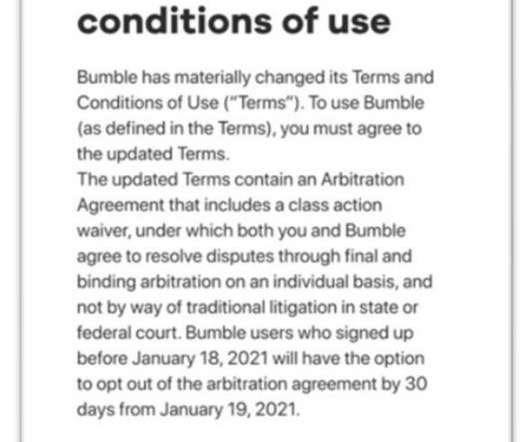4th Circuit upholds contempt ruling in false advertising case: scrub your website and FB account!
43(B)log
JUNE 17, 2022
7, 2022) The court upheld a contempt finding based on an underlying false advertising claim. Also, a press release that discussed separate litigation in Italy about who owned VSL#3’s bacterial strains, unfairly compared VSL#3 and Visbiome referred to plaintiffs’ “aggressive efforts to sell their competing, generic probiotic product.”

























Let's personalize your content